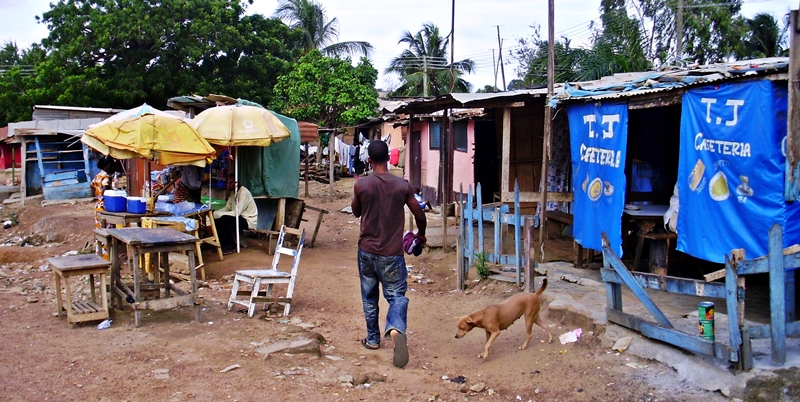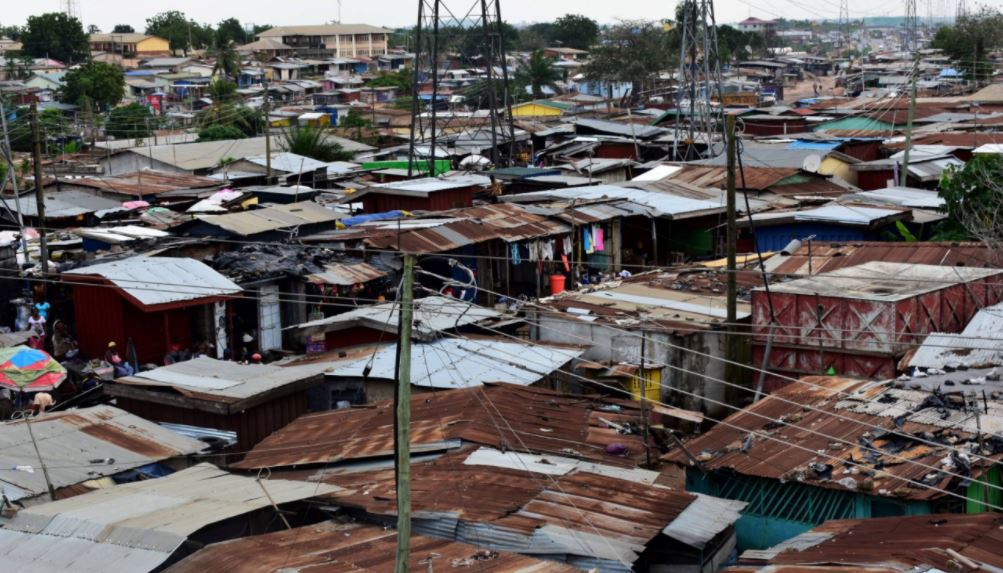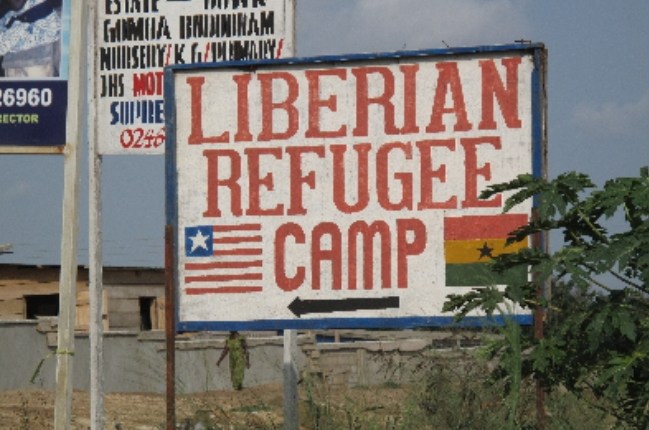After three decades of serving as the home for Liberian refugees, the Budumburam Refugee Camp in the Central Region will be cleared for redevelopment.
Shacks, kiosks and other makeshift structures dotted across the vast settlement that served as home and location for brisk business for the thousands of refugees and some local indigenes will be razed to the ground.
The first step of this demolition exercise that is receiving a push back from inhabitants of the camp is an eviction process that starts today, Thursday, September 30, 2021 — after an August notice by the local authority, the Gomoa East Assembly.
According to the Gomoa East District Chief Executive, Mr Solomon Darko-Quarm, the eviction and subsequent demolition is a presidential order.
Successful demolition of the camp will pave way for the redevelopment of over 140 acres of land.

Mr Darko-Quarm told the state-owned Daily Graphic newspaper that after today's eviction exercise anyone found at the camp would be considered as trespassing on state property and would not be spared when the demolition starts.
But the residents, a total of over 38,000 (mainly Liberians) are not happy. They have threatened to fight their eviction.
On Tuesday, September 28, a handful of them wore red and black – the common sight during protests – and besieged the Gomoa Buduburam Police Station to stop the exercise.
They are, however, not likely to make any progress because Liberian refugees at the settlement lost their refugee status in 2012. And with the rife perception that the camp harbours hardened criminals, the decision to clear the area has been hailed.

The Buduburam camp used to host mainly Liberians who sought asylum in Ghana during the unrest in that country.
It also houses refugees from Sierra Leone who fled their country’s civil war between 1991 and 2002.
But it is currently hosting other foreign nationals from Nigeria, Senegal, Ivory Coast, and some Ghanaians.
It became the home of Liberian refugees after it was opened by the United Nations High Commissioner for Refugees (UNHCR) in 1990.
The only problem, as reiterated by the UNHCR, is that the government of Ghana has failed to formulate a sustainable policy to integrate Liberians and other residents into the Ghanaian society.
After decades of being part of the Ghanaian society, some residents at the camp, especially those who were born here and some who have one of their parents being Ghanaian, will be left stranded by this plan to remove them.





